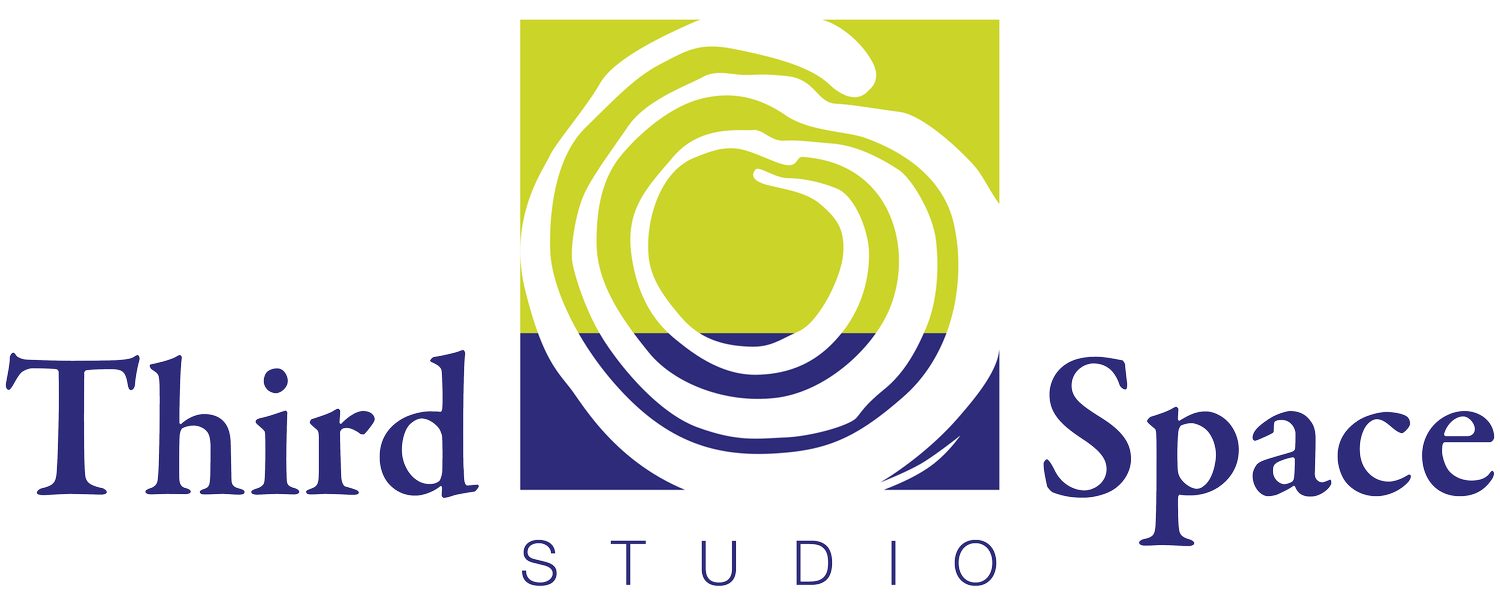Five Things We’re Leaving Behind in 2023
As 2023 comes to a close and we peer into 2024, we're thinking about what we might leave behind this year. While we definitely want to leave behind polarization, violence, rising global temperatures, and growing authoritarianism, sadly, we only have a minuscule amount of control in those arenas. We do have control over our own mindsets and habits and we even have some influence with you, our readers. So here's our list of what we want to leave behind in 2023. We hope that you'll consider leaving one or more behind yourself. Perhaps our collective effort to shed what's no longer serving us will create some needed disruption.
Defaulting to Yes
If you call and ask us for something that might benefit your organization, we're likely to say yes, especially if you're a bold and creative leader. We love working with you and helping you navigate complex challenges. Unfortunately when we say yes to everyone, we find ourselves with multiple projects on our plates and not enough time or brain space to give each client the attention they truly need to adapt and change.
Many of our clients also have plates overflowing with projects and commitments. They’ve said yes to funders with specific requests that may not even fit within the nonprofit’s plans or wheelhouse. They’ve also said yes to partners and staff with new ideas.
What would happen if we switched the default to "maybe, if..." What makes this new idea or project a good fit for our expertise, available resources, and long-term goals? Are we truly inspired and moved to do the hard work?
Seeking Perfection
In recent weeks, we worked with two nonprofit leadership teams, both working hard to map out their future directions. They were trying to figure out how to respond to complex political and community realities, use limited resources wisely, address staff desires for more sustainable work lives, and exquisitely deliver on their missions - all at once. Each team was dealing with complicated issues and wanted to consistently deliver A-level work for every element. Emotions were high and a sense of hopelessness kept folks from seeing a way forward.
What work needs to be high quality and what can be good enough? What are the risks and rewards of good enough this time around? Where does the expectation of perfection come from?
Being Busy
Ask a nonprofit leader how they are and the likely response is busy. And they're telling the truth! Executive directors and other nonprofit staff have way too many responsibilities as they navigate solutions to complex challenges with insufficient resources. We also acknowledge that we live in an economic system that equates productivity with value.
What might happen if we placed more value on reflection and creativity? Would we dream of new solutions? Would we enhance our capacity for attention, love, and compassion? Where would our intuition lead us?
Being Performative Rather Than Authentic
Being performative is when we take action or show up in ways that are designed to make us look good. It’s about enhancing one’s reputation rather than actually making a difference. Sometimes we see nonprofit leaders perform their commitment to a cause in place of aligning individual behaviors and organizational practices with stated values and commitments. As we strive for nonprofits that are sustainable and just organizations, we all have work to do.
What would happen if we told funders the truth about the impact of their guidelines on our ability to deliver on our missions and strategies? What if we made a careful examination of the impact of organizational practices on those who have been historically excluded? What if we dug in deep on how our habits as leaders are impacting the lives of the people we work with?
Assuming There is Only One Right Way
There are lots of places where nonprofit leaders are committed to their own one right way. The one we want to explore here is the assumption that there's one right way be a board of directors. Y’all, the current model is not working! It’s hard to recruit board members and boards are not making meaningful contributions.
What if we returned to the roots of what it means to govern and maintain the public trust? What new models might we imagine?
You may have noticed we have more questions than answers as we think about leaving behind these five mindsets. But you know we love powerful questions! We're curious to explore these questions with you and see what might emerge in 2024.
Wishing you a restful and joyful holiday season as you close out 2023,
Meredith, Heather, and Katie


